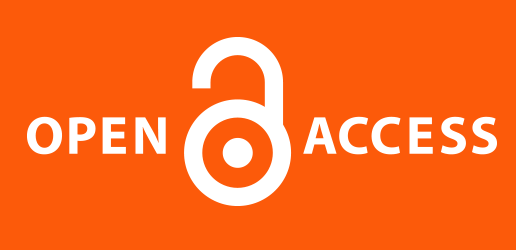Publication Ethics
Conflict in authorship: Naming authors on a scientific paper ensures that the appropriate individuals get credit, and are accountable, for the research. Deliberately misrepresenting a scientist’s relationship to their work is considered to be a form of misconduct that undermines confidence in the reporting of the work itself.An “author” is generally considered to be an individual who has made a significant intellectual contribution to the study.
All persons designated as authors should qualify for authorship, and all those who qualify should be listed. Three basic criteria must collectively be met to be credited as an author:
- Substantial contribution to the study conception and design, data acquisition, analysis, and interpretation.
- Drafting or revising the article for intellectual content.
- Approval of the final version.
The order of authorship should be “a joint decision of the co-authors”. Individuals who are involved in a study but do not satisfy the journal’s criteria for authorship, should be listed as “Contributors” or Acknowledged Individuals”. Examples include: assisting the research by providing advice, providing research space, departmental oversight, and obtaining financial support.Three types of authorship constitute publication misconduct:
- “Ghost” authors, who contribute substantially but are not acknowledged (often paid by commercial sponsors);
- “Guest” authors, who make no discernible contributions, but are listed to help increase the chances of publication
- “Gift” authors, whose contribution is based solely on a tenuous affiliation with a study.
AU JSSD policy on plagiarism: Plagiarism is considered to be a serious breach of scientific ethics by the Journal. If the Editorial board/Authors/Reader/Publics finds plagiarism in a piece already published in AU JSSD, the journal’s Editorial board will determine appropriate action to be taken, in consultation with legal counsel, if that is deemed necessary. Such action could include barring the author (Black Listing) from publishing in the journal, and the published article will be withdrawn from the website with a note of plagiarized along with the published title. The link to Full Text Article will also be disabled. For the detection processes and course of action, read Editorial policy.
Research Protocols: The Journal may when necessary ask for research protocols before an article is considered for publication. Authors should be willing to supply the research protocols to the Journal editors if requested (e.g. for clinical trials/ animal experiments) so that reviewers and editors can compare the research report to the protocol to check that it was carried out as planned and that no relevant details have been omitted. Researchers should follow relevant requirements for clinical trial registration and should include the trial registration number (if available) in all publications arising from the trial.
Errors Identified in Published Work: When an author discovers a significant error or inaccuracy in his/her own published work, which is different from what has been corrected in the gally proof, it is the author’s obligation to promptly notify the Journal editor or publisher and to also cooperate with the editor to retract or correct the paper.
Copyright:
Submission of a manuscript implies; that the work described has not been published before (except in the form of an abstract or as part of a published lecture, or thesis) or not under consideration for publication elsewhere; that if and when the manuscript is accepted for publication, the authors are the copyright holders for all online and print articles in the journal.
Undeclared conflict of interest:
A conflict of interest is a situation in which financial or other personal considerations from authors or reviewers have the potential to compromise or bias professional judgment and objectivity. Authors and reviewers should declare all conflicts of interest relevant to the work under consideration (i.e. relationships, both financial and personal, that might interfere with the interpretation of the work) to avoid the potential for bias.





